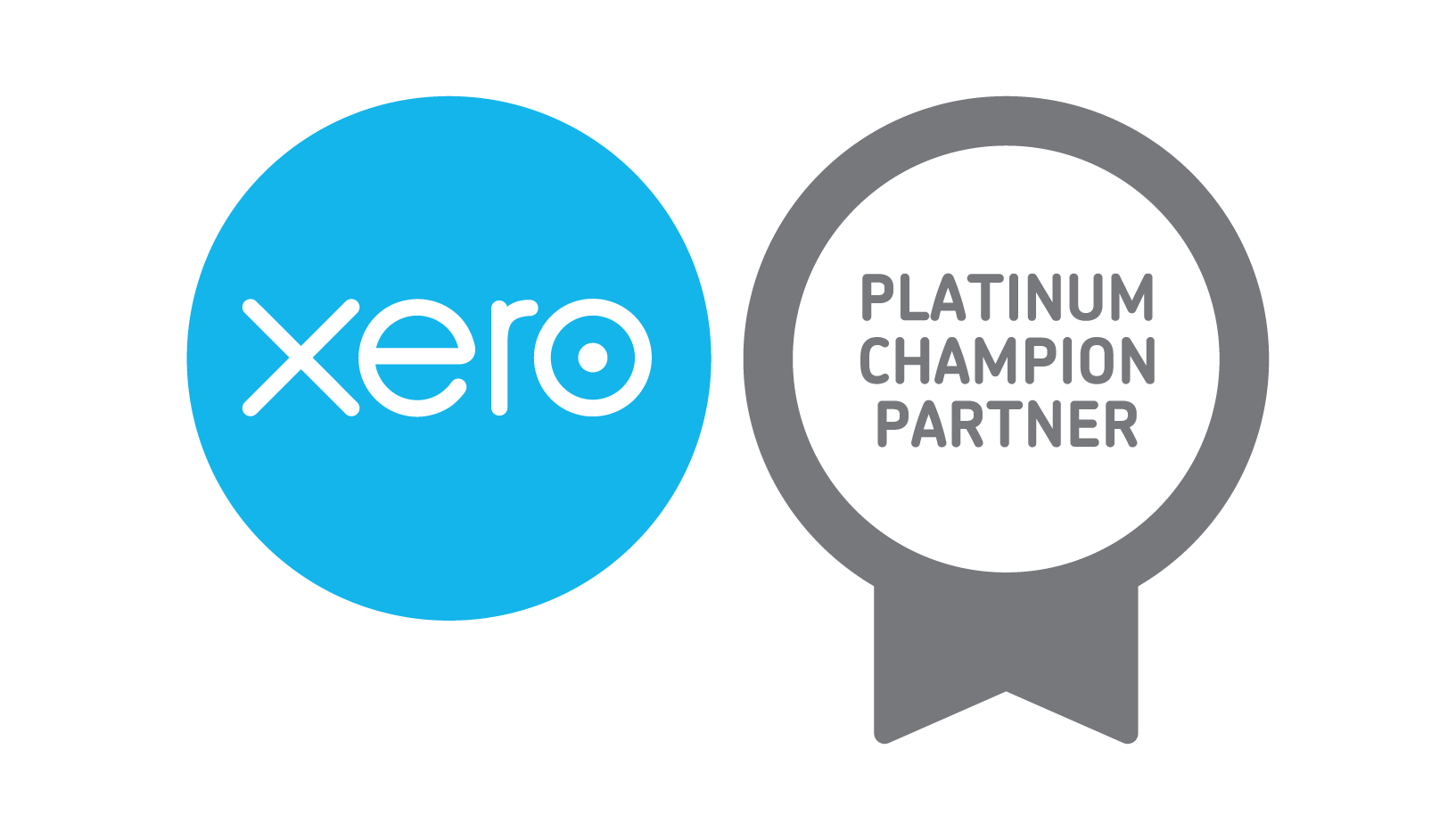Providing Exempt Benefits
Are you providing exempt benefits to the correct people?
In order to qualify for tax concessions your church needs to be a ‘registered religious institution’. This means that it needs to be:
- A registered charity with the Australian Charities and Not-for-profits Commission (ACNC)
- Registered with the ACNC for the charity subtype ‘advancing religion’
- An Institution (this can mean different legal forms – activities, size, permanence and recognition will be relevant)
You may need to seek legal advice if you are unclear whether your church is an “institution”.
Only ‘religious practitioners’ of your church will be eligible to receive exempt benefits. A religious practitioner is a:
- Minister of religion
- Student at an institution who is undertaking a course of instruction in the duties of a minister of religion
- Full-time member of a religious order
- Student at a college conducted solely for training people to become members of religious orders
According to Taxation Ruling 2019/13 section 14 except in rare cases, a minister of religion would have all of these characteristics:
- is a member of a religious institution
- is recognised by ordination or other admission or commissioning, or has authority from the religious institution to carry out the duties of a minister based on theological training or other relevant experience
- is officially recognised as having authority on doctrine or religious practice
- is distinct from ordinary adherents of the religion
- is an acknowledged leader in spiritual affairs of the institution, and
- is authorised to act as a minister or spiritual leader, including the conduct of religious worship and other religious ceremonies.
Exempt benefits can only be provided principally in respect to the employees’ ‘pastoral duties’ or other duties directly related to the practice, study, teaching or propagation of religious beliefs. Administrative duties, even those undertaken by a minister of religion, do not qualify for exempt benefits.
Pastoral duties are duties associated with the spiritual care of people. Examples of pastoral duties undertaken by religious practitioners are:
- communication of religious beliefs
- teaching and counselling adherents and members of the community
- providing adherents and members of the community with spiritual guidance and support
- conducting an in-service seminar of a spiritual nature
- meeting with or visiting adherents, the sick, the poor, and others who need emotional and spiritual support, and
- providing pastoral supervision to those engaged in pastoral duties.
You will need to review each staff members’ duties on an individual basis to determine if, and the extent to which, they qualify to receive exempt benefits.
Refer to Taxation Ruling TR 2019/3 for more information and specific examples of duties.
If you are providing benefits to an employee who is not a religious minister and/or who is not principally involved in pastoral duties or other religious duties then these benefits may be subject to FBT.
The actual payment of exempt benefits will be addressed in a separate blog post. While it is technically possible to pay 100% of a religious practitioners remuneration as exempt benefits, commonly churches and denominations take a more conservative approach and limit the portion that can be paid as exempt benefits. Your denominational body should be able to provide their guidance around this.
...
Sources:
https://www.ato.gov.au/General/fringe-benefits-tax-(fbt)/
https://www.ato.gov.au/law/view/document?DocID=TXR/TR20193/NAT/ATO/00001&PiT=99991231235958
http://www.addministry.org.au/Documents/Docs/Fringe_Benefits_for_Churches_2019.pdf






























